Optimal Timing for Fire Restorations
Fire restorations are most effectively performed during periods of stable weather, typically in the late spring and early fall. These times allow for safer and more efficient cleanup, drying, and reconstruction processes. Avoiding extreme temperatures and high humidity levels helps prevent additional damage and ensures proper restoration outcomes.
Spring and fall offer moderate temperatures and lower humidity, ideal for fire damage restoration activities.
Dry weather minimizes the risk of mold growth and further structural issues during restoration.
Prompt response after a fire is crucial, regardless of the season, to limit damage and begin restoration quickly.
Insurance claims are often processed faster during regular business hours, which align with typical restoration schedules.
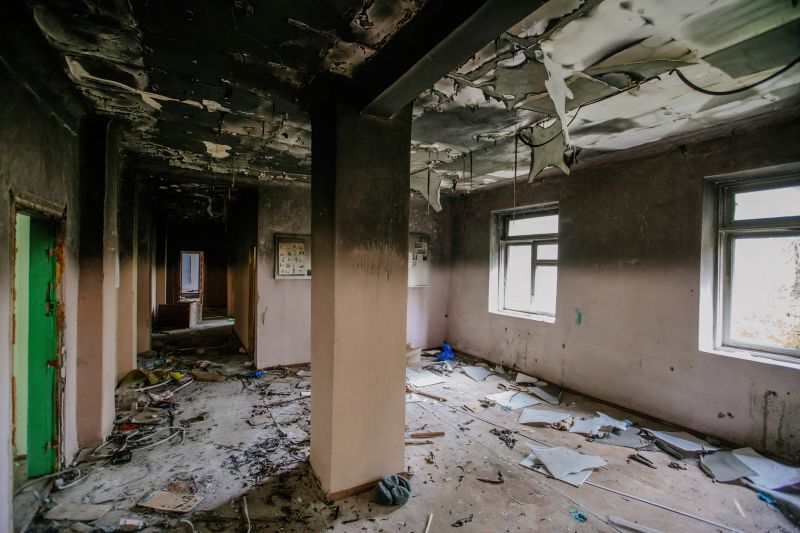
Ways to make Fire Restorations work in tight or awkward layouts.
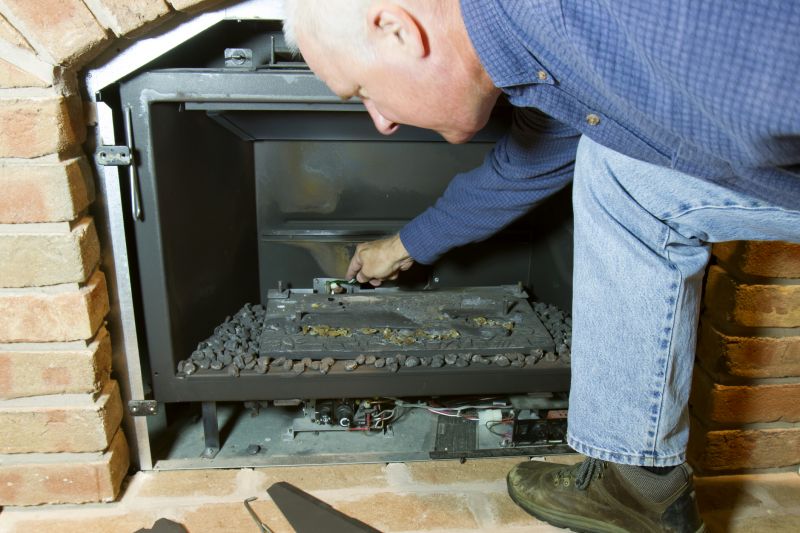
Popular materials for Fire Restorations and why they hold up over time.
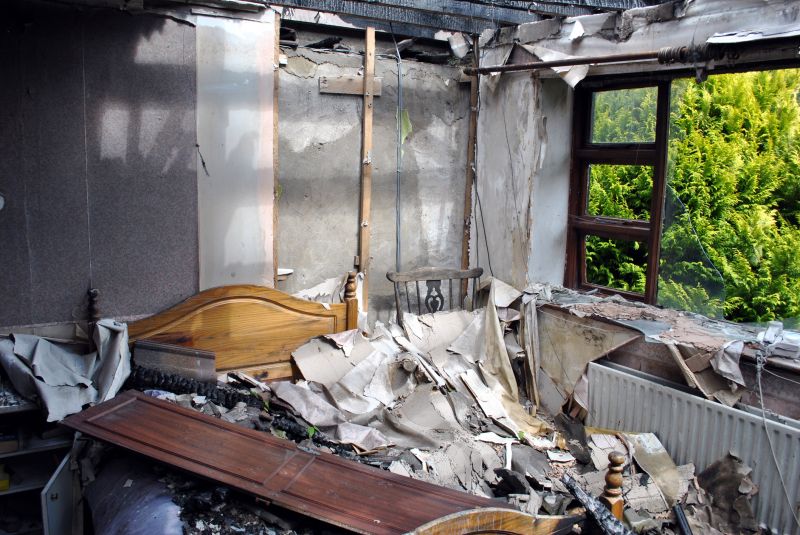
Simple add-ons that improve Fire Restorations without blowing the budget.
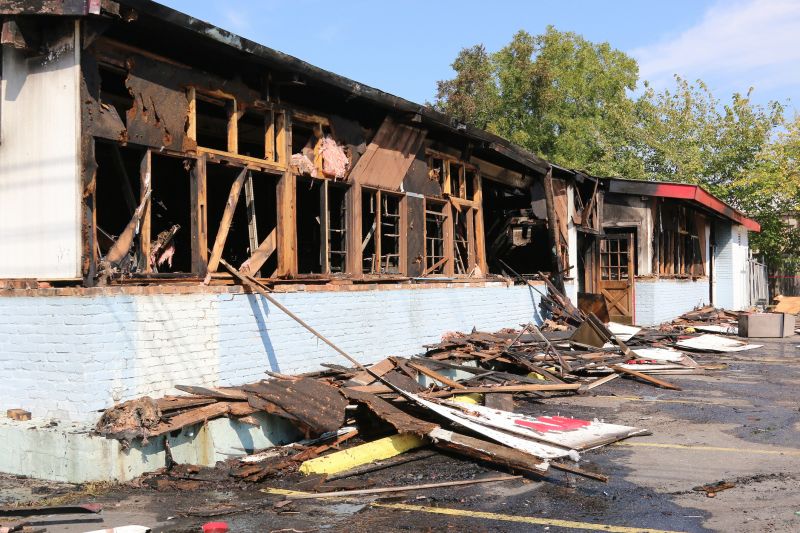
High-end options that actually feel worth it for Fire Restorations.

Finishes and colors that play nicely with Fire Restorations.

Little measurements that prevent headaches on Fire Restorations day.
| Season | Advantages |
|---|---|
| Spring | Moderate weather and longer daylight hours facilitate repairs. |
| Summer | Extended daylight allows for longer work hours, but high humidity can pose challenges. |
| Fall | Ideal temperatures and lower humidity support effective restoration. |
| Winter | Potential delays due to cold temperatures and snow, but necessary in some cases. |
Fire restorations involve a comprehensive process that includes debris removal, smoke and soot cleaning, structural repairs, and odor mitigation. The goal is to restore the property to its pre-fire condition while ensuring safety and durability. Timely intervention minimizes long-term damage, reduces costs, and helps prevent secondary issues such as mold growth or structural weakening.
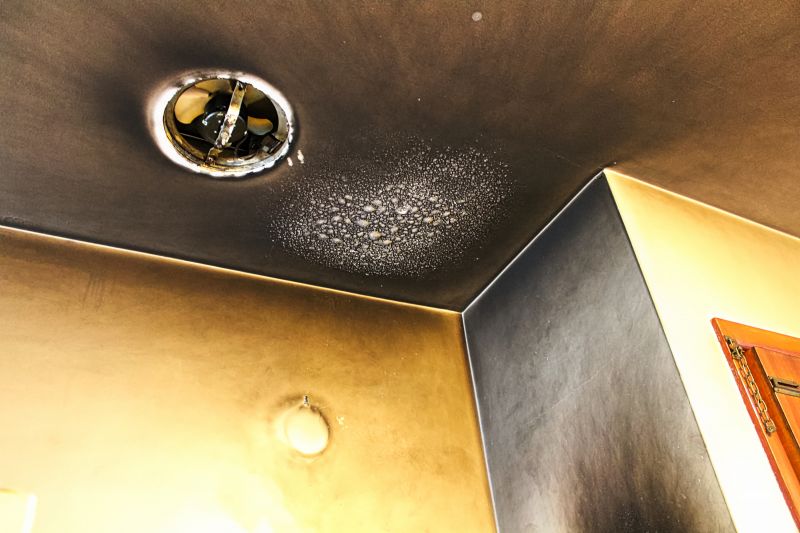
A 60-second routine that keeps Fire Restorations looking new.
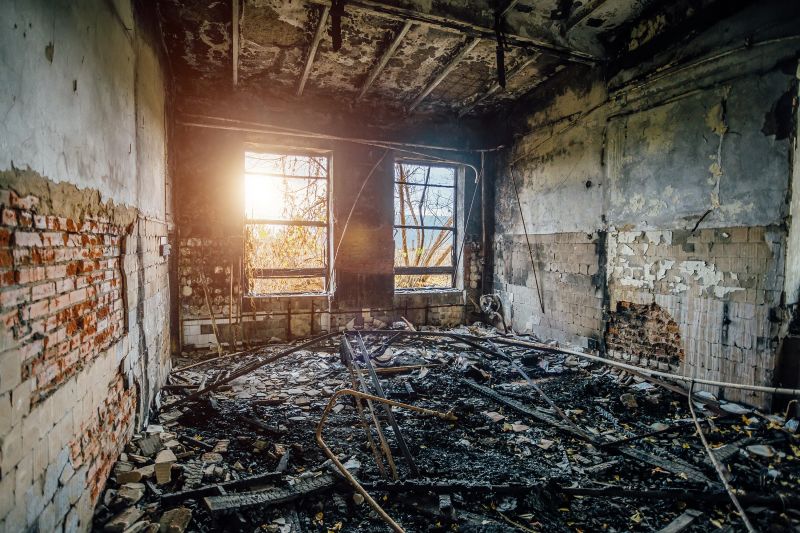
A frequent mistake in Fire Restorations and how to dodge it.

Small tweaks to make Fire Restorations safer and easier to use.
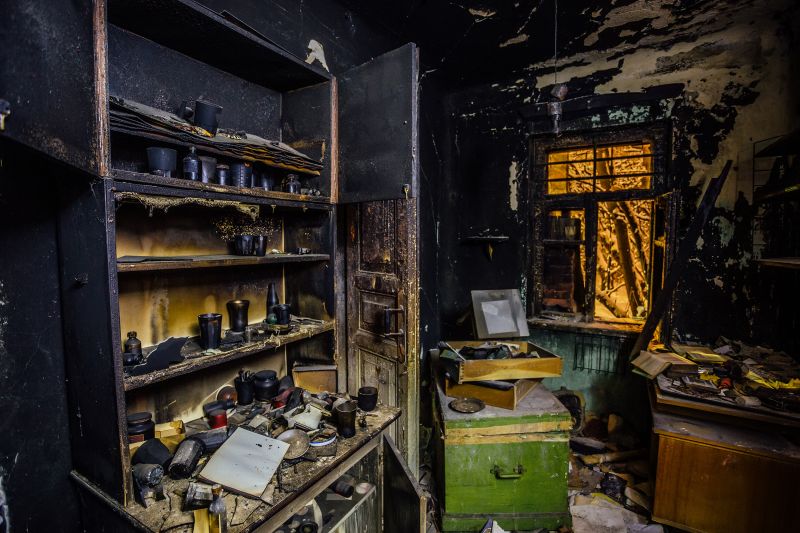
Lower-waste or water-saving choices for Fire Restorations.
Those seeking fire restoration services are encouraged to contact for more information or to schedule an assessment. Prompt action helps minimize damage and restore safety and comfort to the property.
